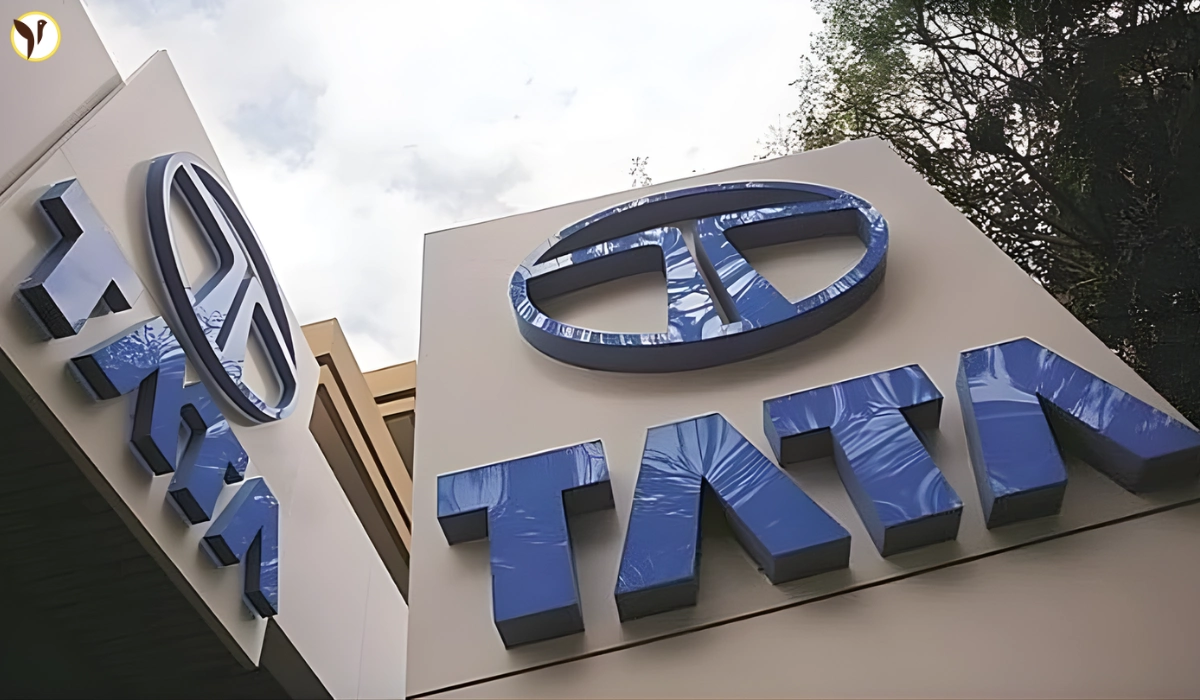The U.S. Senate has taken a significant step in cryptocurrency regulation by advancing the GENIUS Act, a bill designed to establish a federal framework for stablecoins—digital currencies pegged to traditional assets like the U.S. dollar. This move aims to bring clarity and oversight to a rapidly growing sector of the crypto market.
🔍 Understanding the GENIUS Act
The Guiding and Establishing National Innovation for U.S. Stablecoins (GENIUS) Act seeks to regulate stablecoins by:
-
Requiring issuers to maintain reserves in safe, liquid assets.
-
Mandating compliance with anti-money laundering (AML) and counter-terrorism financing laws.
-
Prohibiting misleading claims about government backing or insurance.
-
Restricting non-financial firms, like tech giants, from issuing stablecoins without special approval.
These measures aim to protect consumers and ensure financial stability in the digital asset market.
⚖️ Political Debates and Ethical Concerns
While the GENIUS Act has garnered bipartisan support, it has also sparked controversy. Critics, including Senator Elizabeth Warren, argue that the bill could financially benefit individuals with vested interests in the crypto industry, raising concerns about potential conflicts of interest and the need for stronger ethical safeguards.
📈 Market Reaction: Crypto Prices on the Rise
Following the Senate's advancement of the GENIUS Act, major cryptocurrencies experienced a surge in prices. Bitcoin rose by 1.8% to $105,185, with other cryptocurrencies like Ether, XRP, and Solana also seeing gains. This uptick reflects investor optimism that regulatory clarity could bolster the legitimacy and adoption of digital assets.
🧾 Key Provisions of the GENIUS Act
-
Reserve Requirements: Stablecoin issuers must hold reserves in safe, liquid assets such as Treasury bills.
-
Regulatory Oversight: Issuers are subject to federal or state regulatory approval and must undergo regular audits.
-
Restrictions on Issuers: Non-financial public firms, including tech giants like Meta and Google, are prohibited from issuing stablecoins without special approval.
-
Consumer Protections: The bill includes provisions to prioritize stablecoin holders in bankruptcy scenarios and mandates compliance with AML regulations.
🗳️ Next Steps: Toward Final Passage
Following the approval of the procedural vote, the GENIUS Act is set to move forward for additional discussions in the Senate. Although the bill is anticipated to pass smoothly in the House of Representatives, its ultimate approval in the Senate is still uncertain, given the current political divisions. Lawmakers will need to address ethical concerns and ensure that the legislation provides robust consumer protections without inadvertently benefiting specific individuals or entities.
The advancement of the GENIUS Act marks a significant step in the U.S. government's efforts to regulate the rapidly evolving cryptocurrency market. As the bill moves toward final passage, it will be crucial to monitor how lawmakers address the ethical concerns and ensure that the legislation effectively balances innovation with consumer protection.









